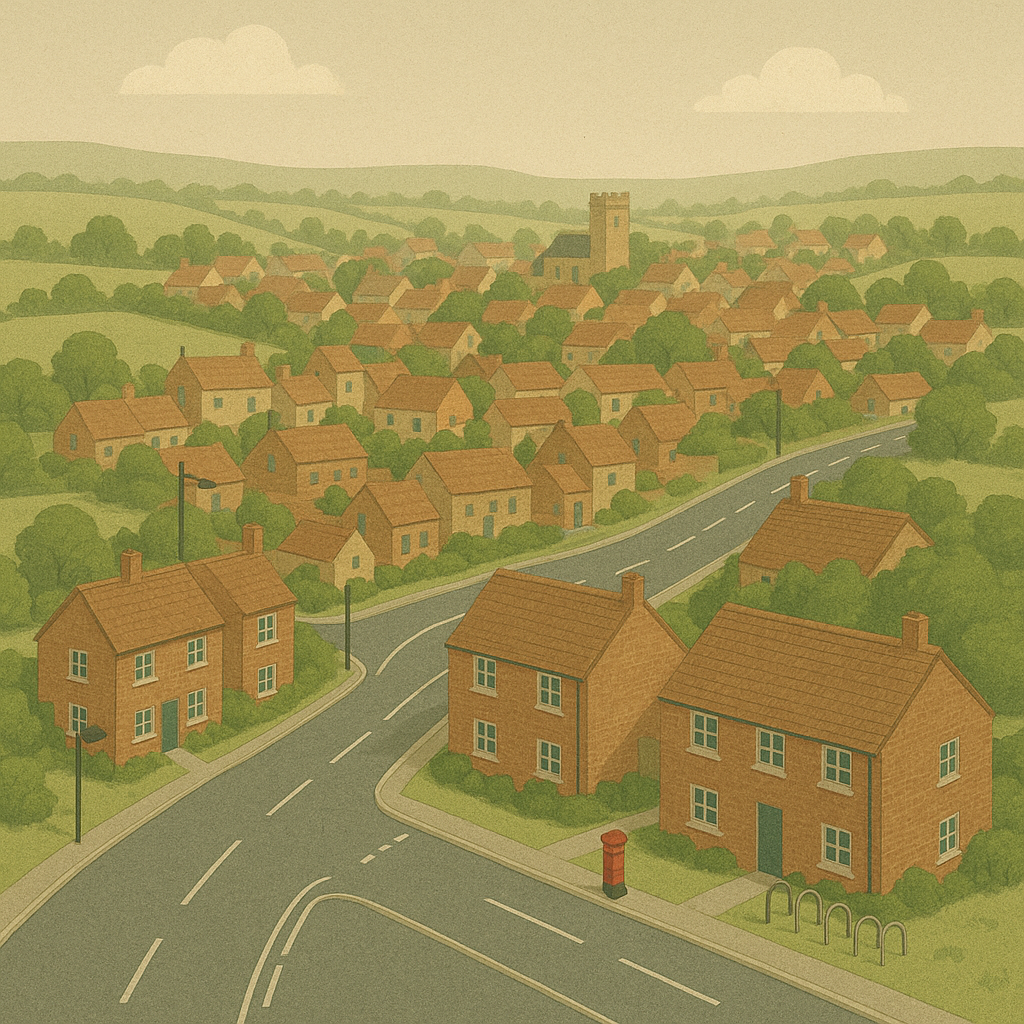The Food Research Collaboration[1] has launched an interactive Policy Tracker that shows how the English government’s responses to the unfolding Covid-19 crisis affected the food system, with parallel versions for South Africa and India. This blog, by FRC Director Rosalind Sharpe, explains why the FRC thought it was important to capture policy as it unfolded, and how the Trackers can help researchers and campaigners.
In March 2020, as the Covid pandemic took hold in the UK, it swiftly became clear that (as is often the case) food would be front and centre of the unfolding crisis. Most fundamentally, as millions of people were told to work from home, as schools closed and vulnerable people were told to cut off all contact with the outside world, the questions were: how would people feed themselves? How would they get out to find food? Would shops have enough supplies when they got there?
Then, following on urgently, there were the money questions. Without work and income, how would people be able to afford food? And what sort of food would they be able to afford?
Then, questions about business and food industry came to the fore. When ‘eating out of the home’ (an activity that usually accounts for almost a third of UK food expenditure by value) was shut down, how would the UK’s thousands of food businesses survive? And what would happen to all the food stuck in the ‘catering sector’ supply chain? This included large quantities of goods, such as dairy produce and seafood, that were rapidly going off, and quantities of goods in commercial packaging unsuitable for sale in retail outlets. How to get it from the catering ‘channel’ to the retail channel?
These are urgent, human problems, with real-world consequences that we have all experienced and observed. And (therefore) they are also policy problems, which means that governments at all levels are expected to make decisions about them that produce remedies. And this is exactly what governments across the world have done. Consequently, as well as experiencing the crisis, the rest of us have had ring-side seats while governments grappled with some of the most complex and significant challenges they have ever faced.

As our Covid Food Policy Trackers show, there has been a proliferation of policy. At national level in England, there have been high-profile policies to protect incomes and keep jobs open; to distribute food parcels to those deemed clinically vulnerable; to help businesses survive without any revenues; to classify food workers as ‘essential’ to keep supply chains moving. Less conspicuously, there have been policies to help seafood producers find domestic markets for products usually exported; to recruit UK workers to pick fruit and vegetables usually harvested by migrant workers; to relax competition rules so supermarkets could avoid duplication when deciding where to send consignments of groceries (and toilet rolls); to help get catering food to food-aid charities; to enable pub owners to dispose legally of beer past its sell-by date (a task that usually involves an official inspector). There were some acclaimed successes (such as the furlough scheme that saw the government pay 80% of employees’ wages to stay safely at home); and some conspicuous missteps (as when the closure of schools left children dependent on Free School Meals at risk of hunger) which had to be rectified by yet more policies, sometimes only after external pressure.
Only in the future will it be possible to interpret the patterns of government responses – to compare them, assess what worked, what missed the target, what fell short – and to learn the lessons.
For that to happen, it will be necessary to know what the policies were, how they were sequenced, which bit of government led them, and what policy problem they set out to tackle. The Covid Food Policy Trackers presents a first answer to those questions, for the first four months of the pandemic, for national-level government in England, and (in collaboration with partners on the SHEFS[2] project), for South Africa and (coming soon) India.
The England Tracker shows how the Covid-19 response involved the same range of government departments and public bodies previously identified by the FRC as having key roles in decision-making that affects the food system[3]. There were commendable efforts to connect policy, in difficult circumstances. But the Tracker also confirms that when a multi-faceted problem is seen from different angles by different parts of government, the resulting policy can be fragmented or incoherent.
The FRC Covid Food Policy Trackers are a work in progress. Through its effects on public health, society, the economy and the environment, Covid-19 will have long-lasting ramifications for the food system. We will continue to reflect on what the Trackers tell us about food governance. We hope that other researchers and campaigners will use them to help their own analyses of policy-in-the-making, and use the method to track policy evolution on other topics or in other jurisdictions.
You can follow Rosalind Sharp on Twitter @greenfoodpolicy
You can follow the Food Research Collabortion on Twitter @foodresearchuk
[1] The Food Research Collaboration brings together academics and food system stakeholders to improve policy for sustainable food systems. It is based at the Centre for Food Policy at City, University of London: https://foodresearch.org.uk/
[2] The Centre for Food Policy at City leads the Policy workstream of the Wellcome Trust funded Sustainable and Healthy Food Systems (SHEFS) research consortium. It aims to provide policy makers with novel, interdisciplinary research evidence to define policies that can deliver nutritious, healthy foods in a sustainable and equitable manner.
[3] Parsons, K. (2019) Who makes food policy in England? A map of government actors and activities. London: Food Research Collaboration, available at: https://foodresearch.org.uk/workstream-2/




